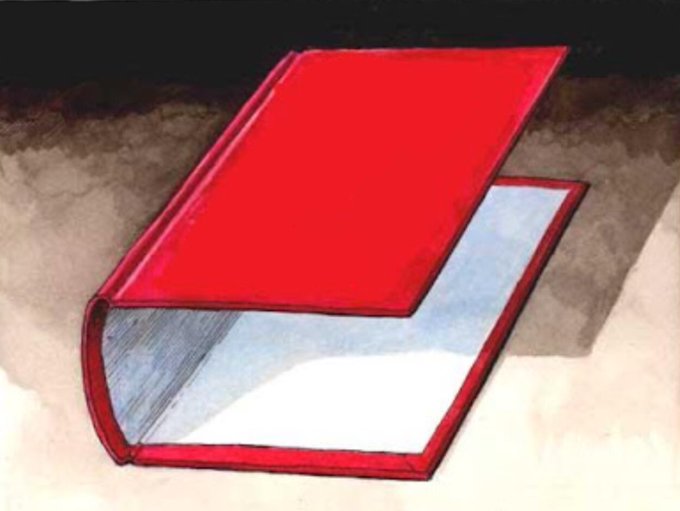CILIP has issued a sharp call to the government to get its information act together. It also has strong words about government attitudes to education, and to public libraries.
CILIP (Chartered Institute of Library &Information Professionals) concedes that Covid-19 has ‘no easy answers’.
But, it adds, ‘we believe that an effective public policy response must be driven first and foremost by the informed and non-partisan use of the best available evidence.
It wants government ‘and all political stakeholders to commit to the open and transparent use of data to drive key decisions, and to publish the basis of those decisions in a way that is independently-verifiable.
The latest lockdown rules, it fears, ‘are driven more by politics and public opinion than evidence or strategy… ‘The circumstances demand a collective effort on the part of the public, public authorities and the media to avoid spreading disinformation about the virus.
‘We urge the government to work with CILIP to bring forward a public programme of support for health, digital and information literacy, so that individual citizens can be empowered to make informed choices about their own welfare and the safety of those around them.
This ‘could deliver very significant benefits by enabling the public to make better and more effective use of health services’.
Face-to-face education has positive benefits ‘where this can be achieved safely’. But it may be ‘inconsistent’ with limiting infections.
‘We would welcome clarification as to why, if the risk is considered too severe for staff in retail and other establishments, it is considered appropriate to retain staff in educational establishments, particularly when so much effort has gone into creating digital alternatives.’
CILIP welcomes lockdown rules that permit English public libraries to maintain key services – if it’s done safely. This recognises libraries as ‘essential services’, especially for online access.
‘We believe it is vital that this recognition translates into real political buy-in and investment in the years ahead.
‘Libraries [could] have done even more had they not been systematically under-funded during the past 10 years.’


